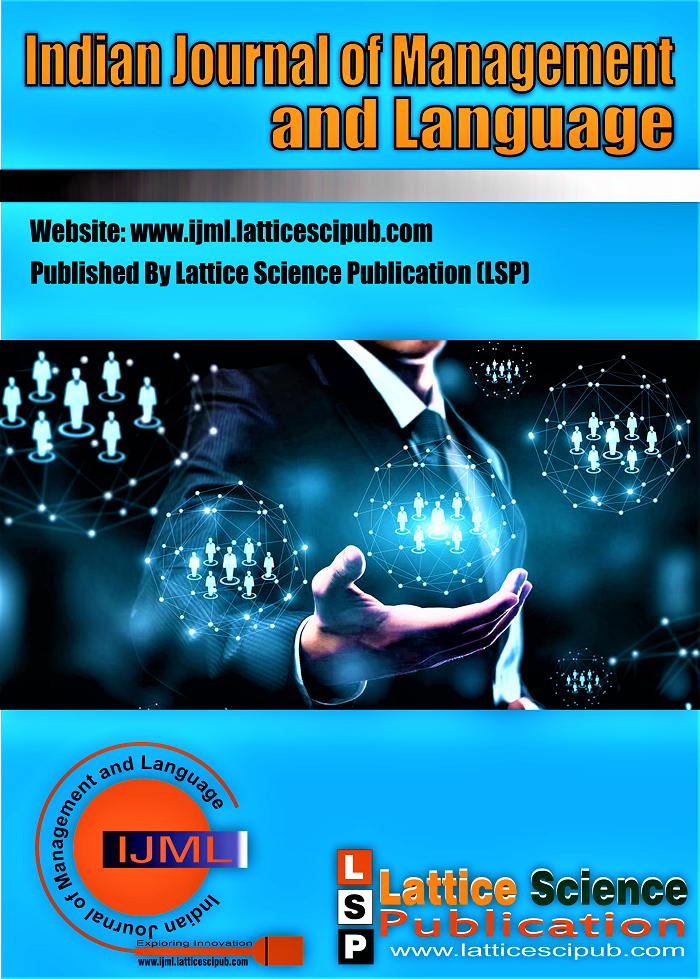Internal Security, Management of Funds and IPPIS Challenges among Unions and Cooperative Societies in Tertiary Institutions in Nigeria
Main Article Content
Abstract
The constant outcry of misuse and mismanagement of funds in governmental organisations have given concern to several researches, debates and blame games. Our focus in this qualitative study is to interpretively examine the extent of internal security and management measures that are explorable in curtailing the inability to recover dues and third party loans in an IPPIS challenge-prone era among unions and cooperative societies in tertiary institutions in Nigeria, the University of Uyo, Uyo being our focus point. The study is an interpretive research that employed semi-structured interviews for the chairpersons of ASUU, SSANU, NASU and NAAT and the presidents of cooperative societies run by the unions in a federal university such as ours. These chairpersons and presidents were purposively selected for the study. Three research questions were raised to guide the study: What internal security measures are put in place by the unions to ensure recovery of dues and third party loans from debtors? How do the cooperative societies manage their funds and recover dues and third party loans during the IPPIS era? What relationship exists between the unions, cooperative societies and IPPIS office for dues and third party loans recovery? The findings of the study showed that there is no full proof of internal security measures put in place to recover dues and third party loans; that committees are set up in the cooperative societies to manage their funds through several management strategies; there is no clear relationship between the Unions, cooperative societies and IPPIS Office to aid in the recovery of dues and third party loans in the university. The study recommended among others that the IPPIS should be transparent enough to abide by the laws of its establishment in order not to under mind its primary functions of deduction and remittance of dues and third party loans to beneficiaries.
Downloads
Article Details

This work is licensed under a Creative Commons Attribution-NonCommercial-NoDerivatives 4.0 International License.
How to Cite
References
Abdullahi, S. A. (2001). The development of trade unionism in
Nigeria: achievements and Problems. Journal of Business
Administration, 1(1): 47-56
Asuquo, M. O. (2016). Co-operative Finance & Management. Uyo:
Afahaide & Bros.
Business Victoria (2019). Debt recovering: recover your customers’
overdue payments to increase cash flow. State Government of
Victoria. Available on www.business.vic.gov.au. Retrieved on July
, 2020.
Effiom, R. A. (2014). Impact of cooperative societies in national
development and the Nigerian economy. Global Journal of Social
Science, 3: 19-29. [CrossRef]
Elesas and Associates (1998). Is relationship lending special?
Evidence from credit file data in Germany, working paper 98-105.
Centre for Financial Studies, Johnn Wolferg Goethe University,
Frankfurt.
Etim, P. J. and Egwuasi, P. I. (2007). Preference of discipline in
checkmating unionism in a dynamic secondary school system: the
experiences of selected schools in Uyo Urban. Benue State
University Journal of Education (BSUJE), 8: 118-125.
Fortunate, A. (2011). Credit policy management and loan recovery
process in the banking sector: a case study of post-bank Uganda
(Kabule Branch). A published research report submitted to Makarere
University, School of Lifelong Learning and External Studies.
Available at www.cees.mak.ac.ug. Retrieved on July 02, 2020.
Francis, A. (2010). The concept of debt recovery management.
Toulose Business School. Available at www.mbaknol.com.
Retrieved on July 01, 2020.
Hissom, A. (2009). Introduction to Management Technology
BMRT11009 – Section 300. Keit State University.
iEduNote (2017). Cooperative society: definition, characteristics,
principles, advantages and limitations. Available at
http://www.iedunote.com/cooperativesociety. Retrieved on June 15,
Ikeanyionwu, C. and Ugochukwu, W. N. (2020). Unpublished paper
on prospects and controversies of integrated personnel and payroll
system in Nigeria tertiary institutions. Federal College of Education
(Technical) Umunze, Anambra State, Nigeria.
Kamar, H. and Ayuma, C. (2016). Effect of debt recovery techniques
on performance of selected financial institutions in Eldoret Town.
International Journal of Human and Social Science Invention, 5(10):
-96. Available on www.ijhssi.org. Retrieved on July 03, 2020.
Neumann, J. U. and Morgenstern, O. (1944). Theory of Games and
Economic Behaviour. Princeton, NJ: Princeton University Press.
Orji, M. G. and Ringim, K. J. (2016). Trade unionism on academic
performance and development of Nigerian universities: a
comparative study. Journal of World Economic Research, 5(6): 91-
[CrossRef]
Smith, A. (1937). The Wealth of Nations. Edited by Edwin Cannan,
New York, NY: Modern Library.





